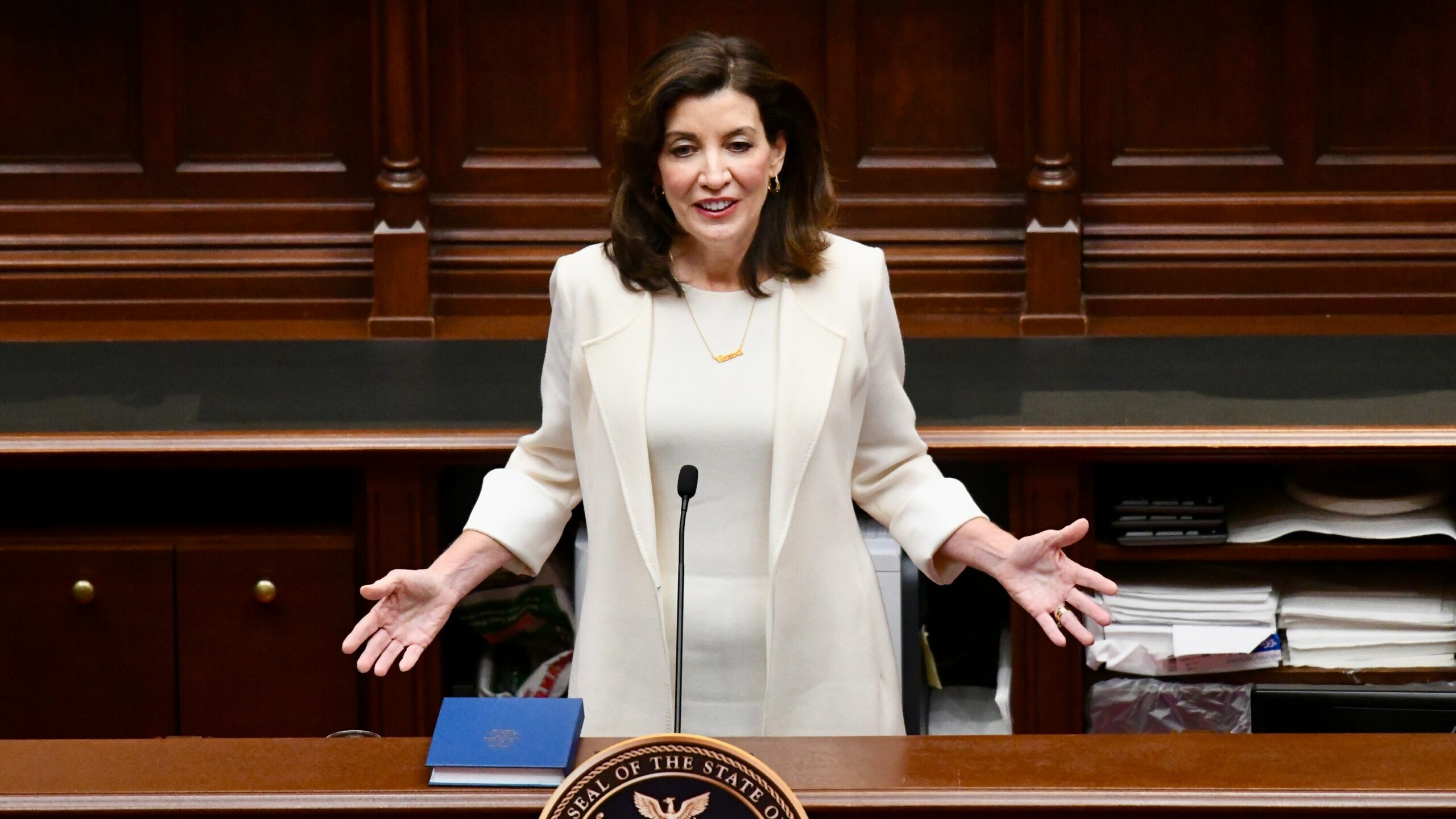Many early on in the pandemic believed that New York City, with its high population density and reliance on public transportation, was especially at risk from the spread of COVID-19.
In reality, the virus wreaked havoc on the suburbs and rural areas of the country just as severely as it had on the nation’s largest city.
However, COVID did inflict a lasting blow to the New York economic model by launching a work-from-home revolution that threatens to permanently erode Manhattan’s central business districts and reduce ridership on the subway and commuter rail.
If the city does not respond intelligently, it will suffer in many ways.

A 59-person panel appointed by Governor Hochul and Mayor Adams has released a report outlining three major, overarching goals: making it easier for all New Yorkers to get to their place of employment, transforming business districts into vibrant places to live and work, and stimulating economic growth for all.
Their paper lays out 40 policy recommendations for making these overarching goals a reality. Zoning laws that are too prescriptive need to be replaced with more liberal regulations.
Walking in Midtown Manhattan, which has been built around skyscrapers and utilitarian walkways for decades, has to be made more accessible.
The trend of eating out in the open air must be sustained, but it must be changed so that it does not detract from the appearance of surrounding areas.
Subways and buses, with their fareboxes now constantly empty, need reliable income sources like congestion pricing.
In order to fulfill current demand, they will need to increase service during hours that were previously considered off-peak.
The city needs to make sure that it is an excellent place to raise a family while also providing a suitable environment for the development of future industries.
Those are just a few items on a vast list. As you go further, you’ll find layers upon layers of intricacy that can only be addressed through the careful collaboration of several government entities.
It’s good to have boosters like Hochul and Adams, but it’s not hard to predict that Gotham will adapt to the demands of a dynamic economy.
It’s significantly more challenging for both of these executives and their teams to really pull it off.
Source: Yahoo News

